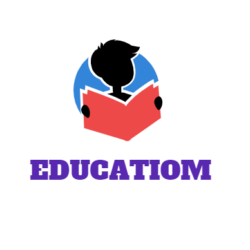Tips for Writing Your First Resume 2023
Writing Your First Resume
Writing Your First Resume short and simple to comprehend while yet delivering the most important information the company will require. It’s better if it’s concise and straightforward. Because most companies receive dozens of resumes per day, it’s unrealistic to expect hiring managers to spend more than a few seconds every resume.

The following sections should be included in most first-time resumes:
- Name, email address, and phone number for contact.
- Briefly discuss who you are and what you hope to accomplish.
- Employment background includes all relevant work, extracurricular, and volunteer experience.
- Prior coursework, certificates, and/or graduation from high school and/or college.
- Competencies: Appropriate qualifications and accomplishments.
- Fun facts, hobbies, honors, and interests that are related to the position (optional).
Guide to Writing Your First Resume
Methodology for Arranging a CV
In a chronological resume, your work history is highlighted. The events are described in backwards chronological sequence.
A functional resume highlights your talents and qualifications rather than your work history.
You may blend the two types of functional and chronological resume formats by placing your talents and qualifications up front in your application.
Provide your name and contact details to begin.
Once you’ve decided how to present your CV, start with your contact details. Your full name, your phone number, and your email address.
Add where you are now, a link to your LinkedIn profile, and a link to your online portfolio if you have one.

Search for Relevant Resume Words
Pay close attention to the parts labelled “requirements, qualifications, and responsibilities” in job descriptions for positions you’re interested in applying to. Make a list of some of the most frequent terms and evaluate them against your own set of qualifications.
Describe Your Experience and Accomplishments
Document Your Aims
Personality-based abilities; soft talents. These are notoriously hard to impart but can yield substantial rewards. They understand you and can emulate your work ethic and social skills.
Hard talents are a set of abilities that a person has developed and can be quantified. In most cases, you can study them in a formal setting and then practise them to improve your proficiency.
Showcase Credentials and Academic Achievement
Incorporate Extracurricular and Volunteer Work
Facilitate a Speedy Procedure
Think About Crafting a Tailored Cover Letter
Contents of a Cover Letter:
- Details for making contact
- Name of Hiring Manager or Organisation
- Greeting
- The highest honours
- Justifications on why you would be an asset to the business
- Awareness about the role you’re applying for
- Closing Statement




